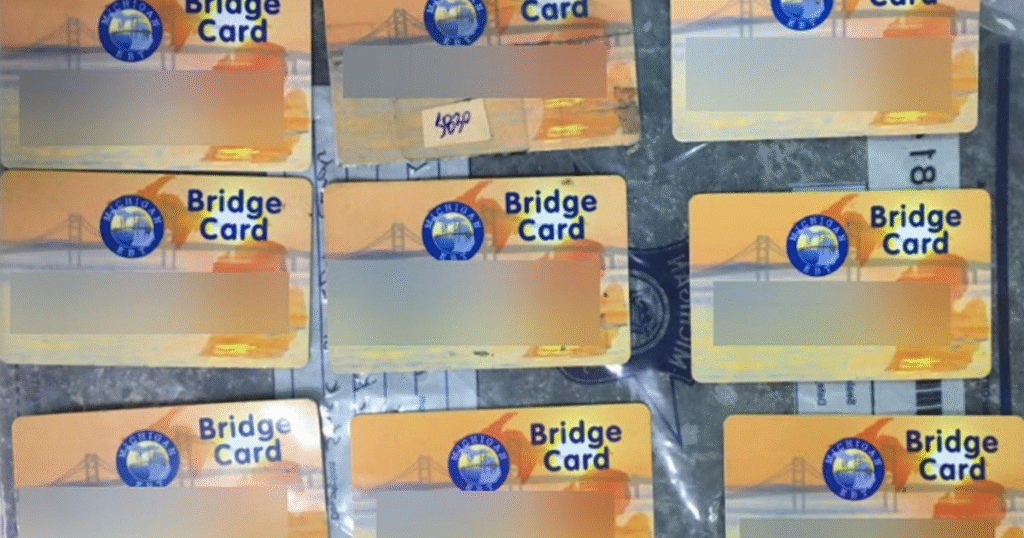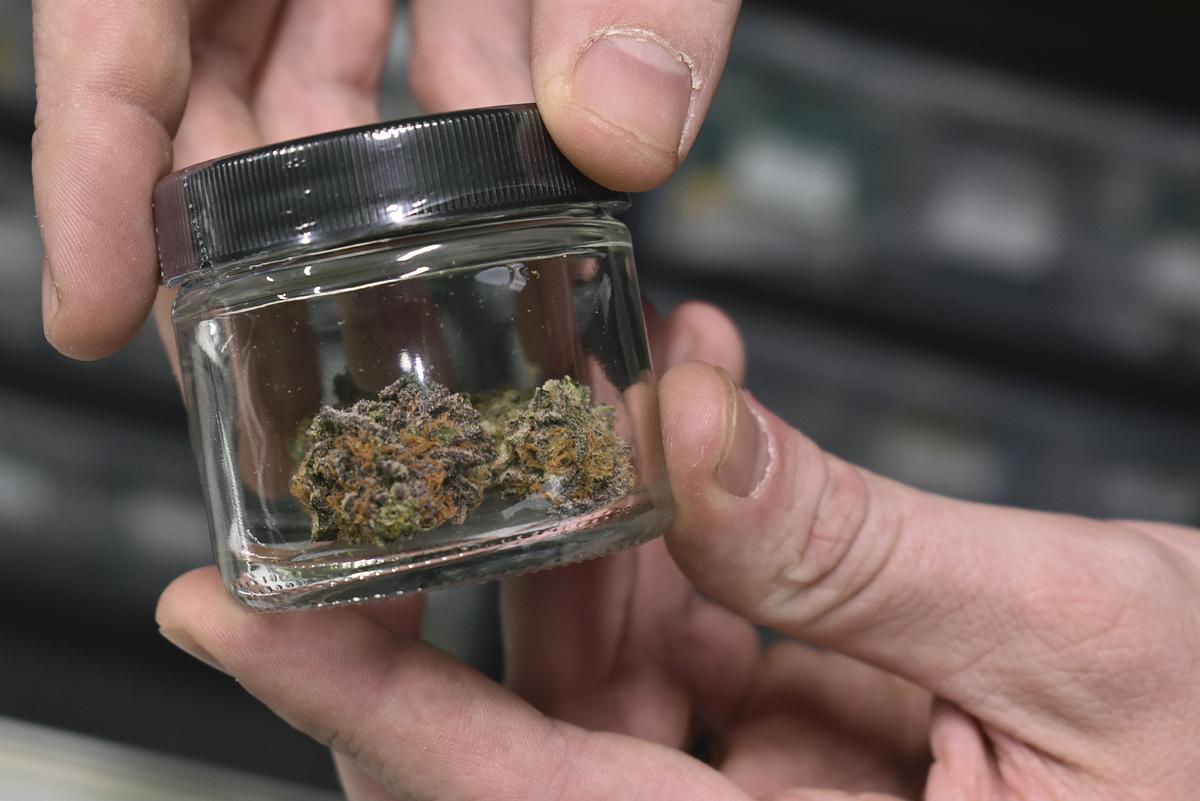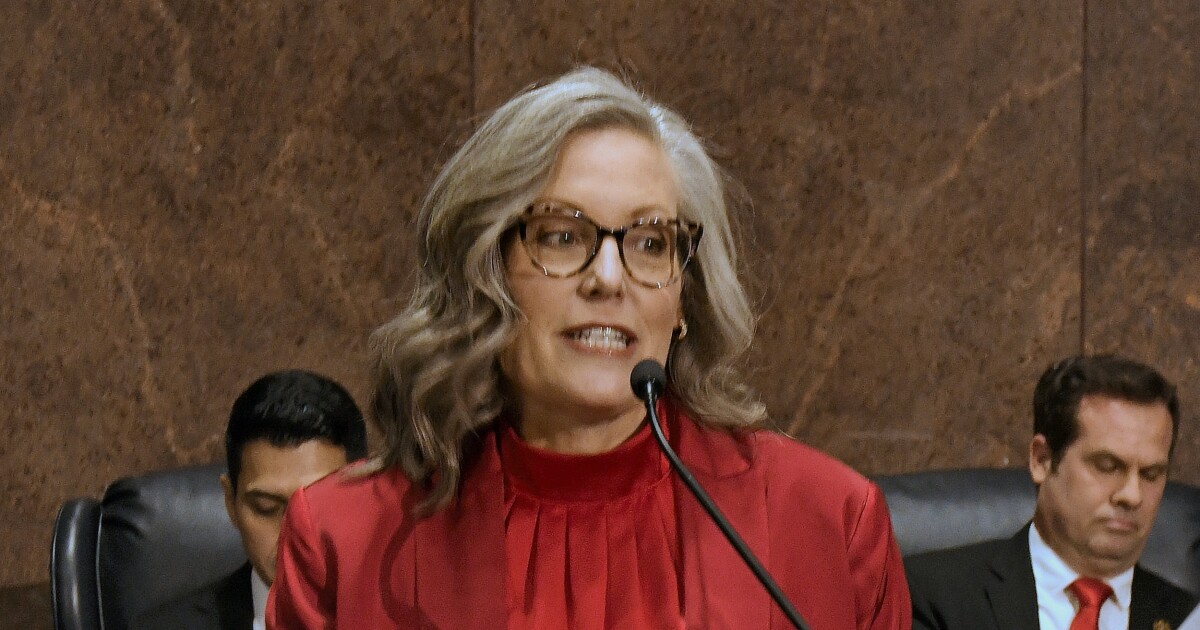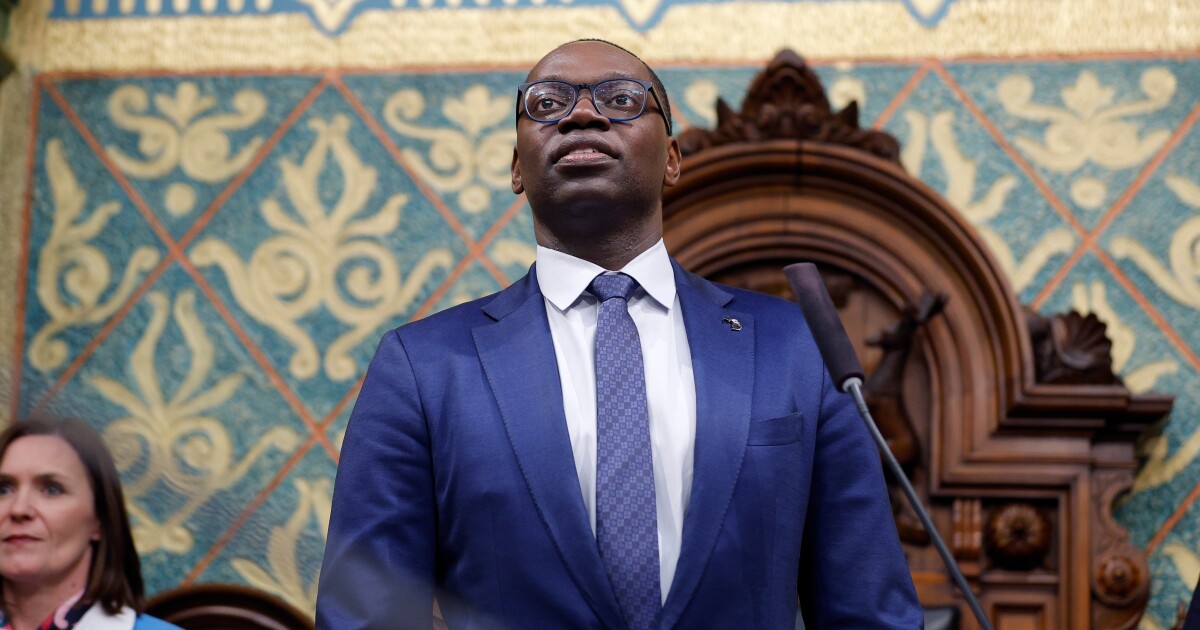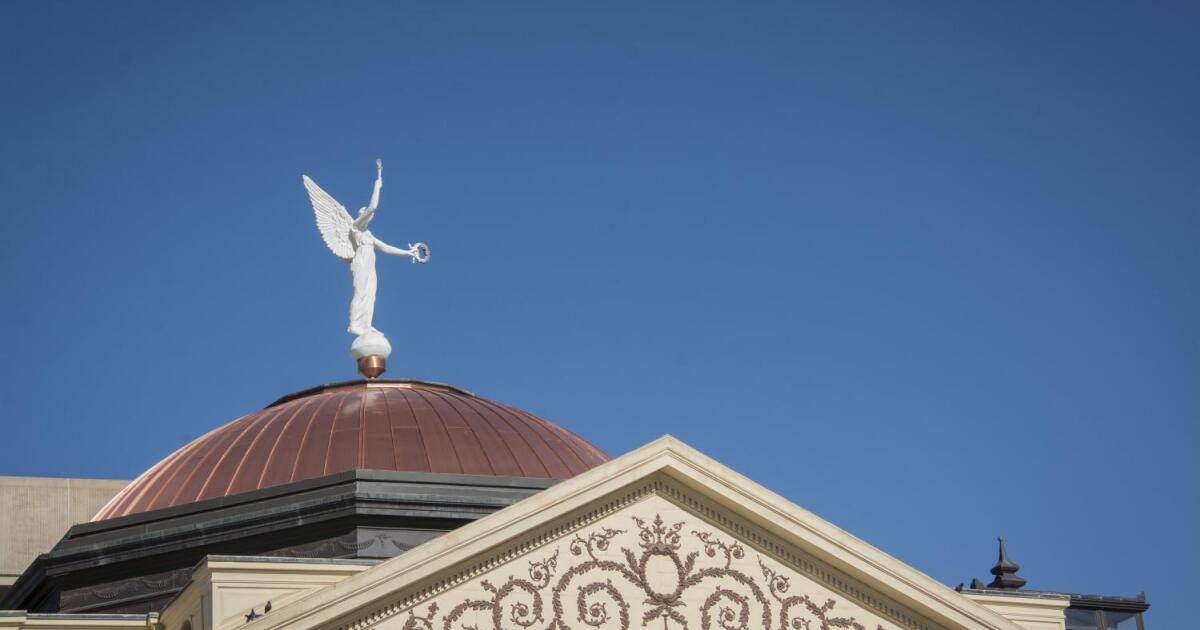Michigan House Passes Bill Requiring Photos on Bridge Cards
In a recent legislative session, the Michigan House of Representatives approved a bill mandating that government-issued assistance cards feature both photos and signatures. This initiative targets the state’s Bridge Cards, which are utilized for Electronic Benefit Transfer (EBT) transactions.
Republican Representative Jason Woolford of Howell, who introduced the bill, emphasized the importance of ensuring that only eligible individuals benefit from these aid programs. “At the same time, this bill protects taxpayers. Michigan spends billions of dollars each year on this program. If fraud and errors continue unchecked, we’re not only wasting money, but we’re also undermining the credibility of our entire system,” Woolford stated during his address to the House.
Data from the USDA, which oversees the Supplemental Nutrition Assistance Program (SNAP), reveals that Michigan experienced an overpayment rate of approximately 8.03% in the previous fiscal year, surpassing the tolerance threshold of $56. The state’s underpayment rate stood at 1.5%.
Despite the bill’s passage in the House, it faced significant opposition from Democratic members, with only three Democrats siding with the majority. Representative Penelope Tsernoglou from East Lansing voiced concerns about the potential logistical burdens. She remarked, “This bill will cost our state millions of dollars annually with savings to the state being determined as ‘indeterminate, but likely negligible.’ Despite costing our state millions of dollars, the legislation is likely to have almost zero impact on Bridge Card fraud,” referencing an analysis conducted by the non-partisan House Fiscal Agency.
Similar efforts in other states, like West Virginia, have shown that implementing such measures can be costly, with expenses reportedly exceeding $10 million. The bill now advances to the Michigan Senate, which is controlled by Democrats, where it is expected to encounter substantial hurdles.
—
Read More Michigan News

